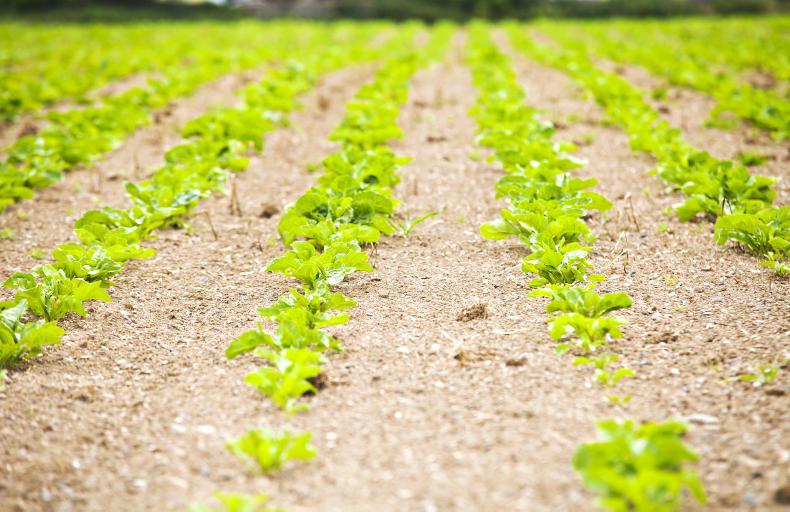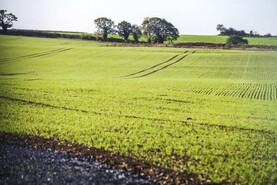The UK government has approved an emergency application for the use of a neonicotinoid seed treatment on sugar beet to combat virus yellows.
The authorisation comes after a season of severe losses, as beet growers had little alternatives to fight the disease.
Currently, Austria, Belgium, Croatia, Denmark, Spain, Finland, Lithuania, Poland, Romania and Slovakia have granted authorisation for the emergency use of the pesticide as a sugar beet seed dressing in 2021.
Aphids
The pesticides were used to control aphids which carried the disease.
However, outdoor use of the neonicotinoids imidacloprid, thiamethoxam and clothianidin was banned in May 2018 over concerns that the chemicals are harmful to bees and other pollinators.
An application to renew the approval of thiacloprid was rejected by the European Commission in January 2020.
The decision was taken following scientific assessments carried out by European Food Safety Authority (ESFA).
The UK government issued a statement which says the "special circumstances" met the legal requirements for a temporary emergency derogation of 120 days for the use of the neonicotinoid thiamethoxam.
As part of the restrictions, no flowering crop can be planted within 22 months of the sugar beet crop and no oilseed rape crop is to be planted within 32 months.
European Food Safety Authority assessment
The European Food Safety Authority (EFSA) is to assess a number of emergency authorisations granted by EU member states for the use of neonicotinoids in sugar beet in 2020.
The request from the European Commission covers 21 emergency authorisations of clothianidin, imidacloprid, thiamethoxam and thiacloprid granted by 10 member states.
The EFSA is set to examine the justification for the authorisations given the specific situation of each member state and the availability of alternative means to protect sugar beet crops.
The assessments should be finalised in the second half of 2021.
Farm to Fork
The EFSA says it will also take the opportunity to review the methodology used for the evaluations in light of the European Commission’s Farm to Fork and Biodiversity strategies – particularly the targets to reduce pesticide use and the promotion of alternatives to pesticides.
The new methodology, which will support harmonisation of pesticide use in EU member states, should be available by the end of 2022.






 This is a subscriber-only article
This is a subscriber-only article











SHARING OPTIONS: